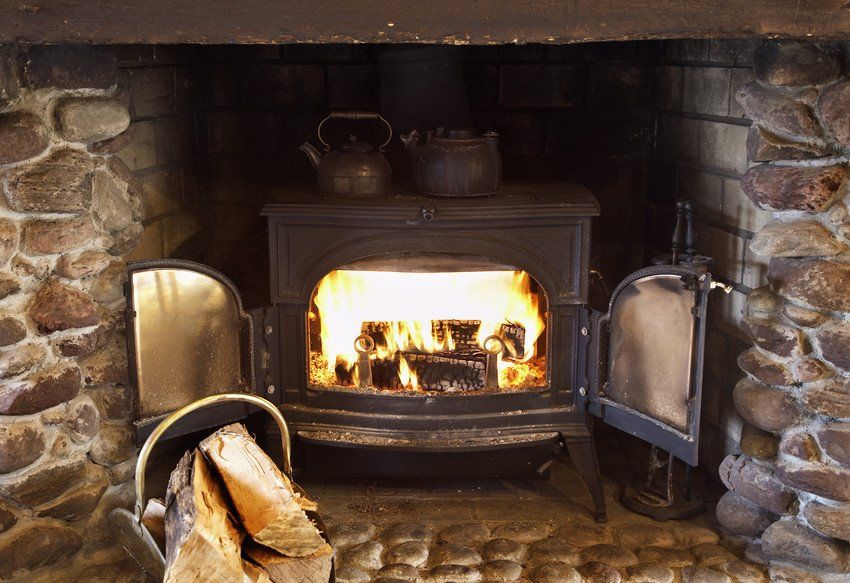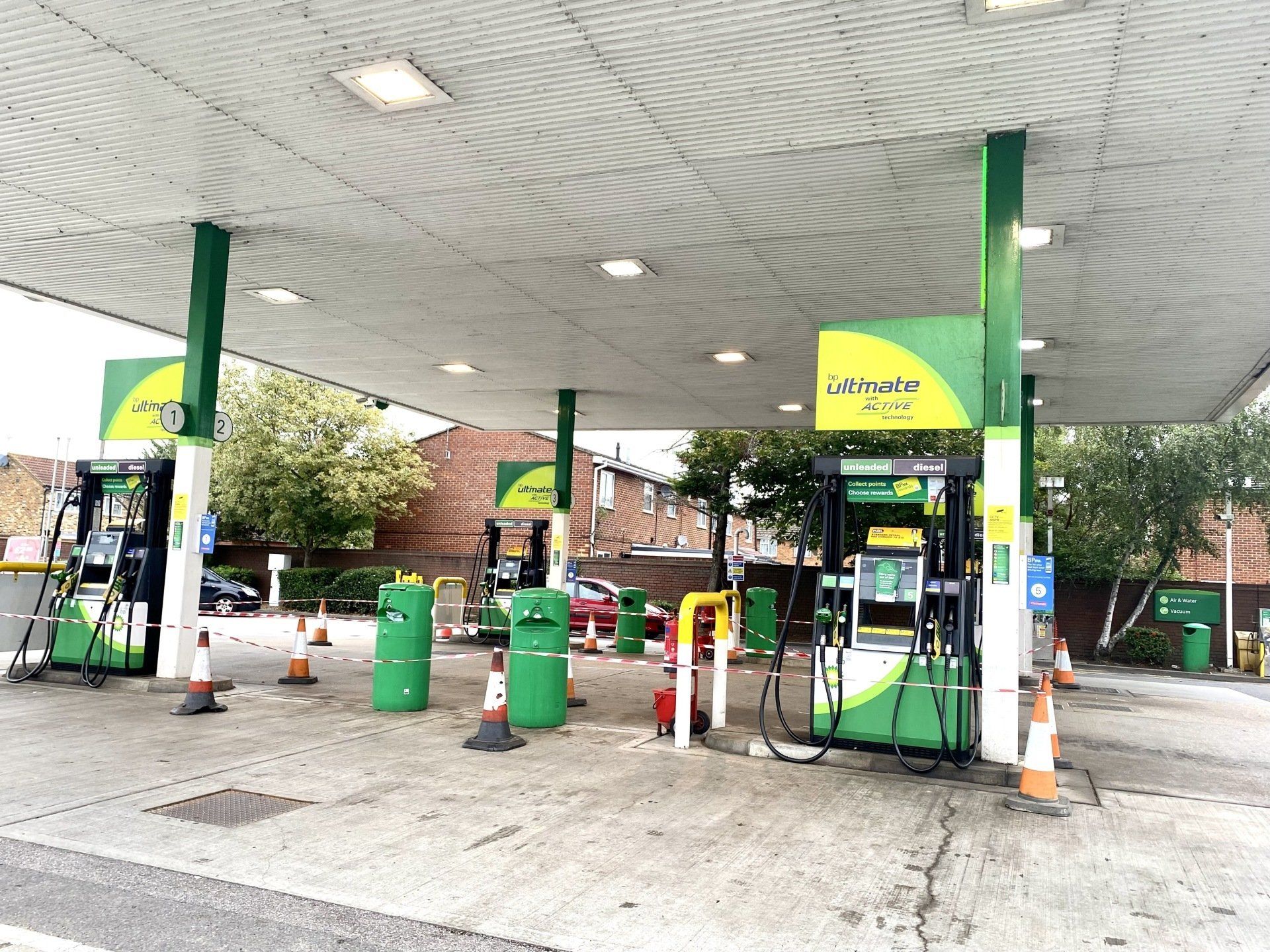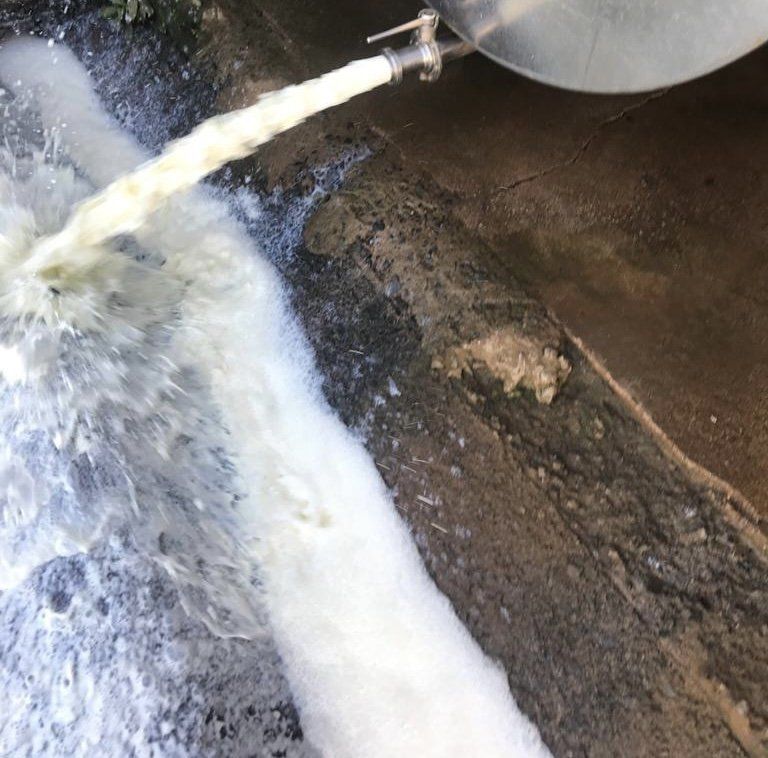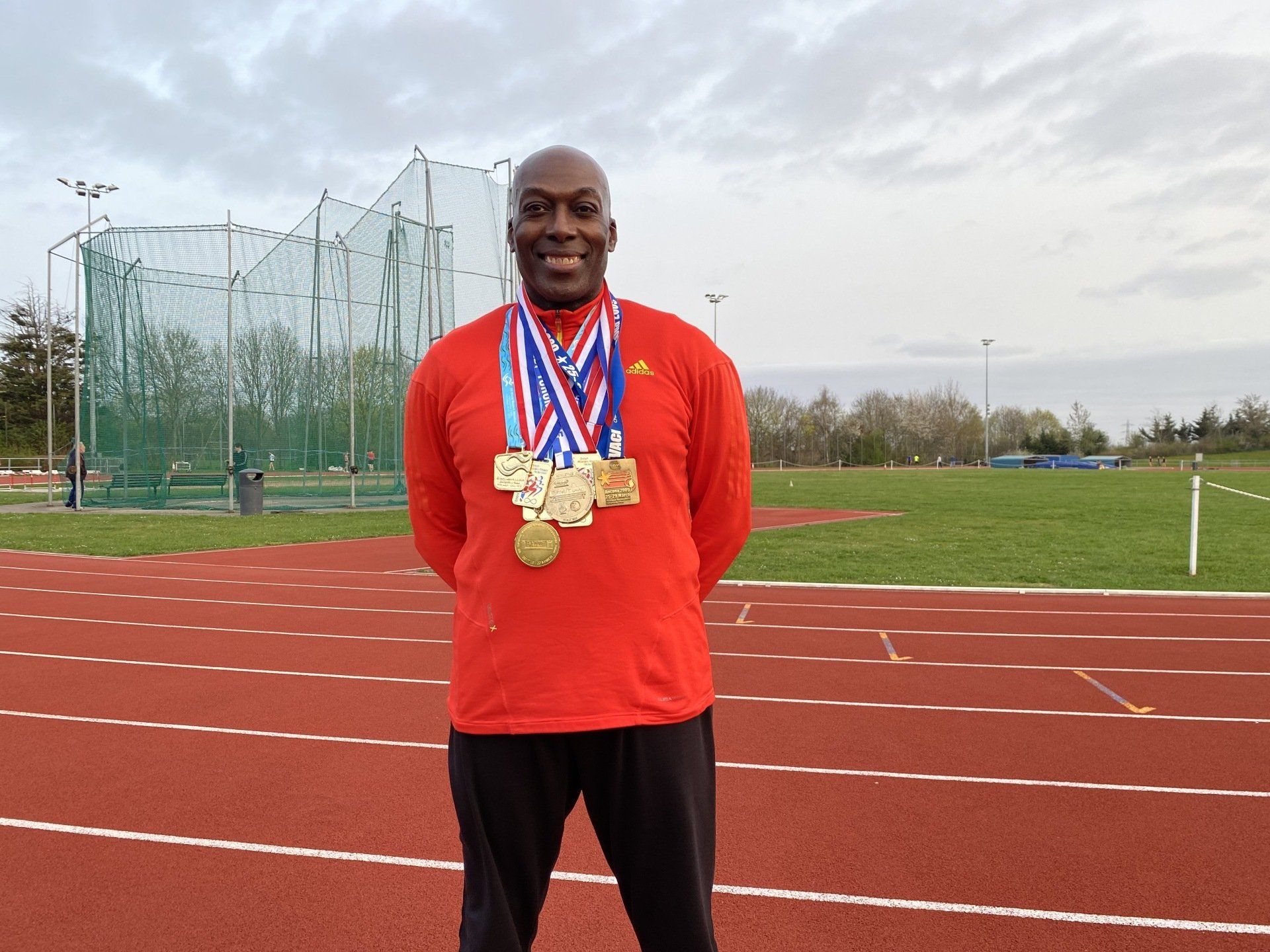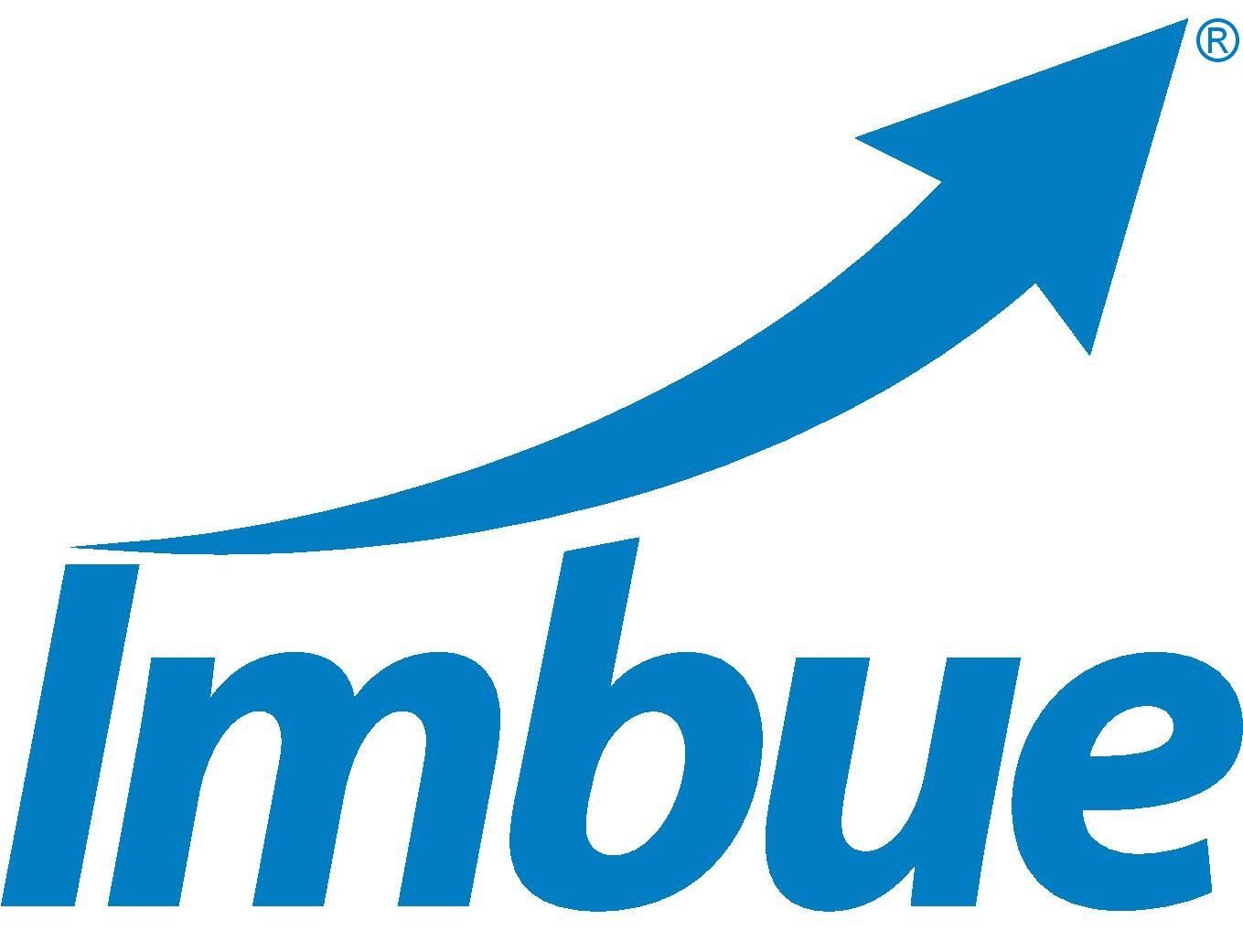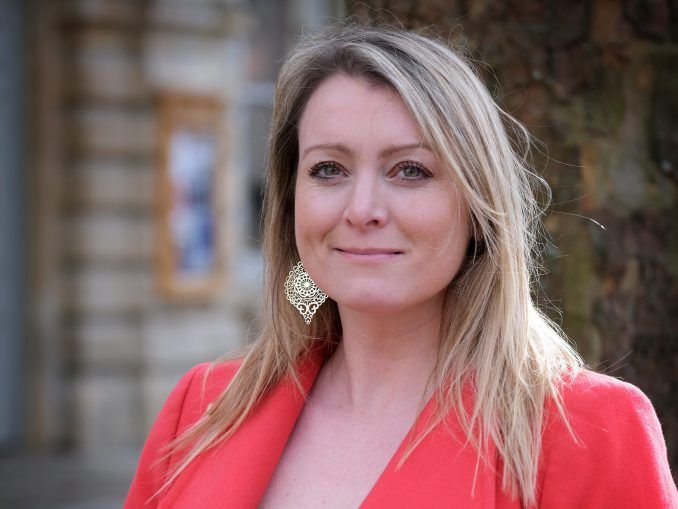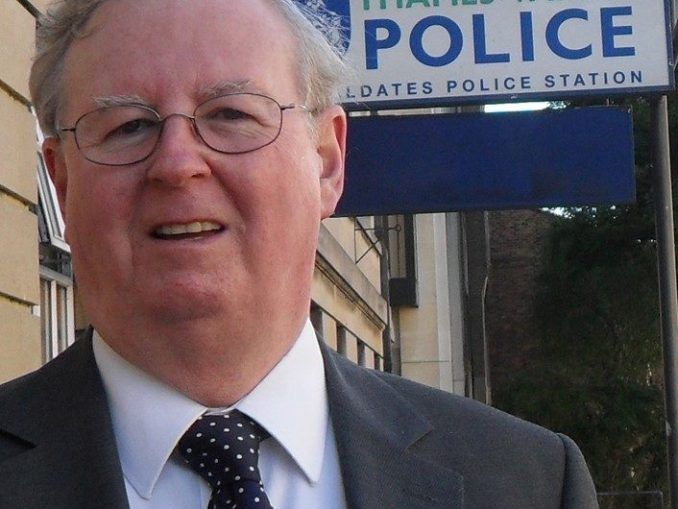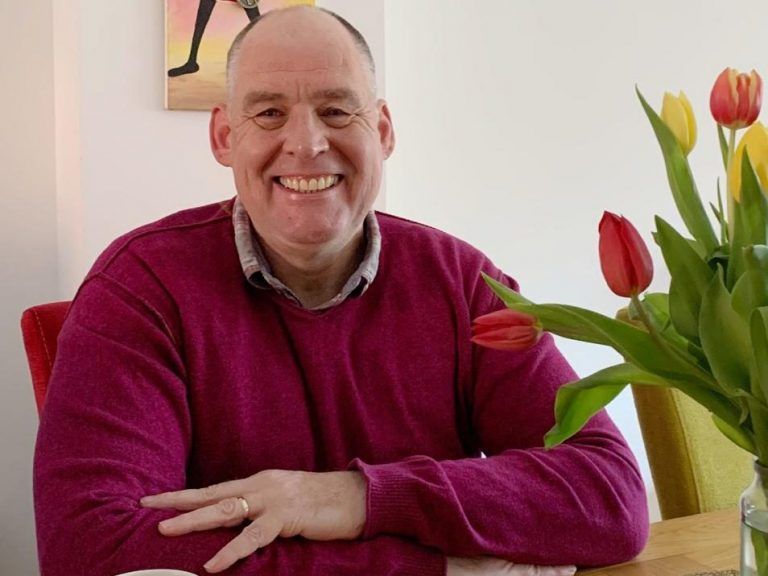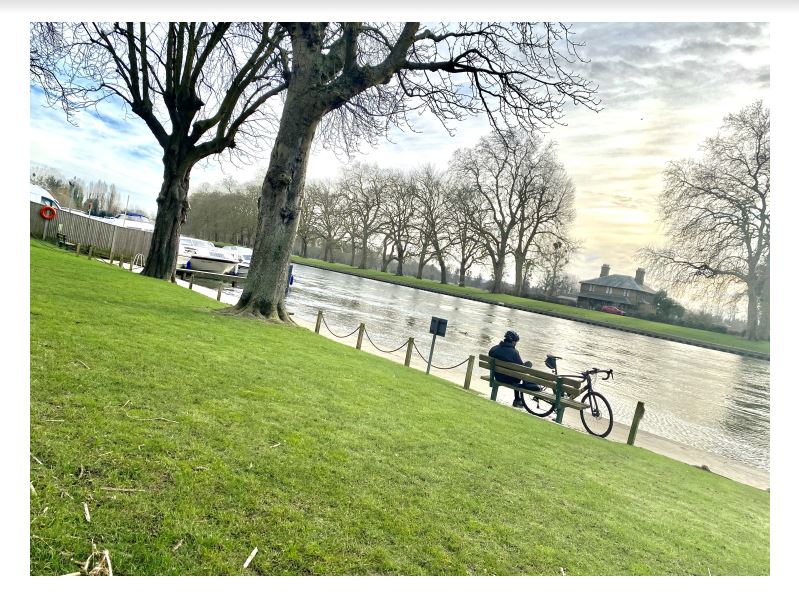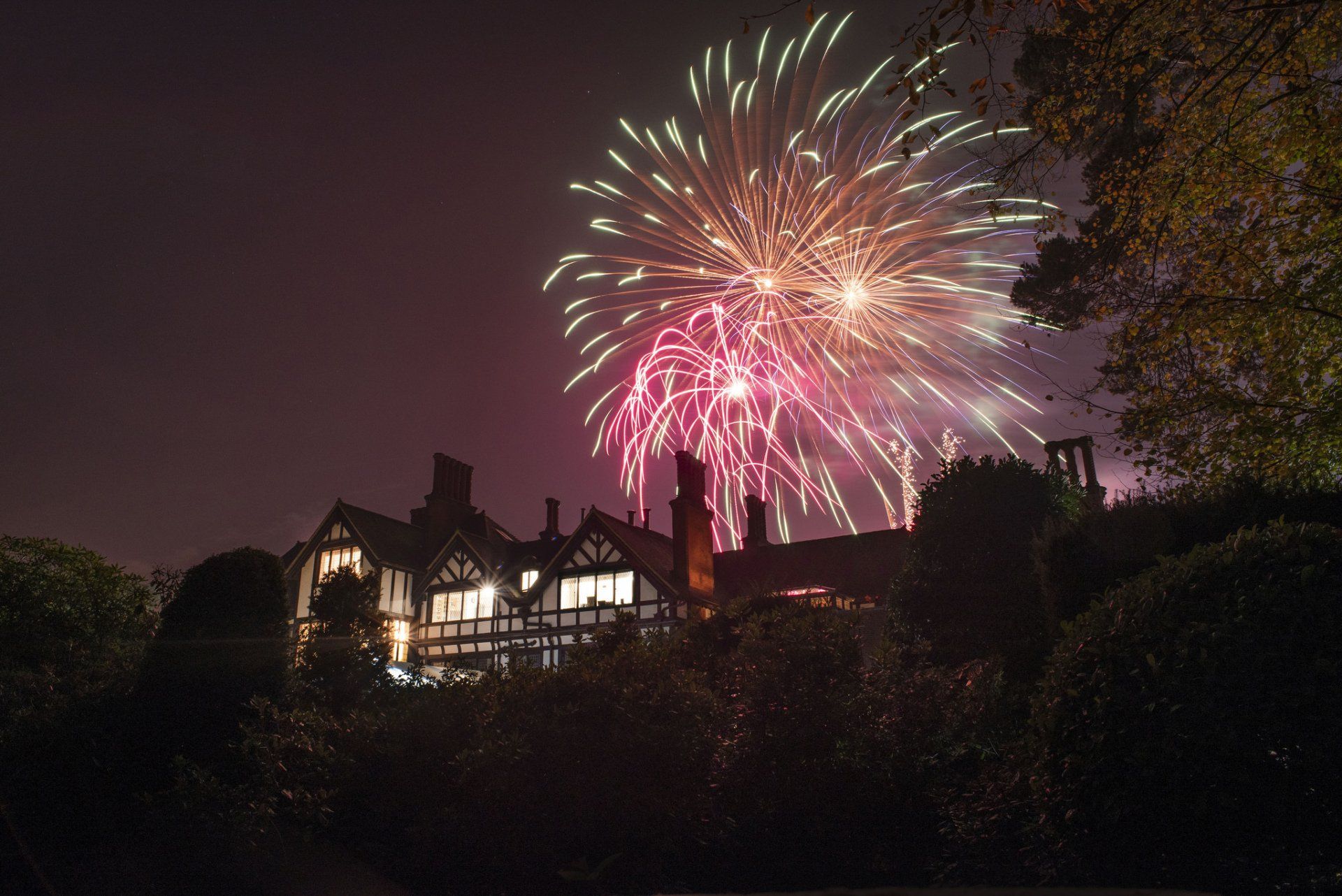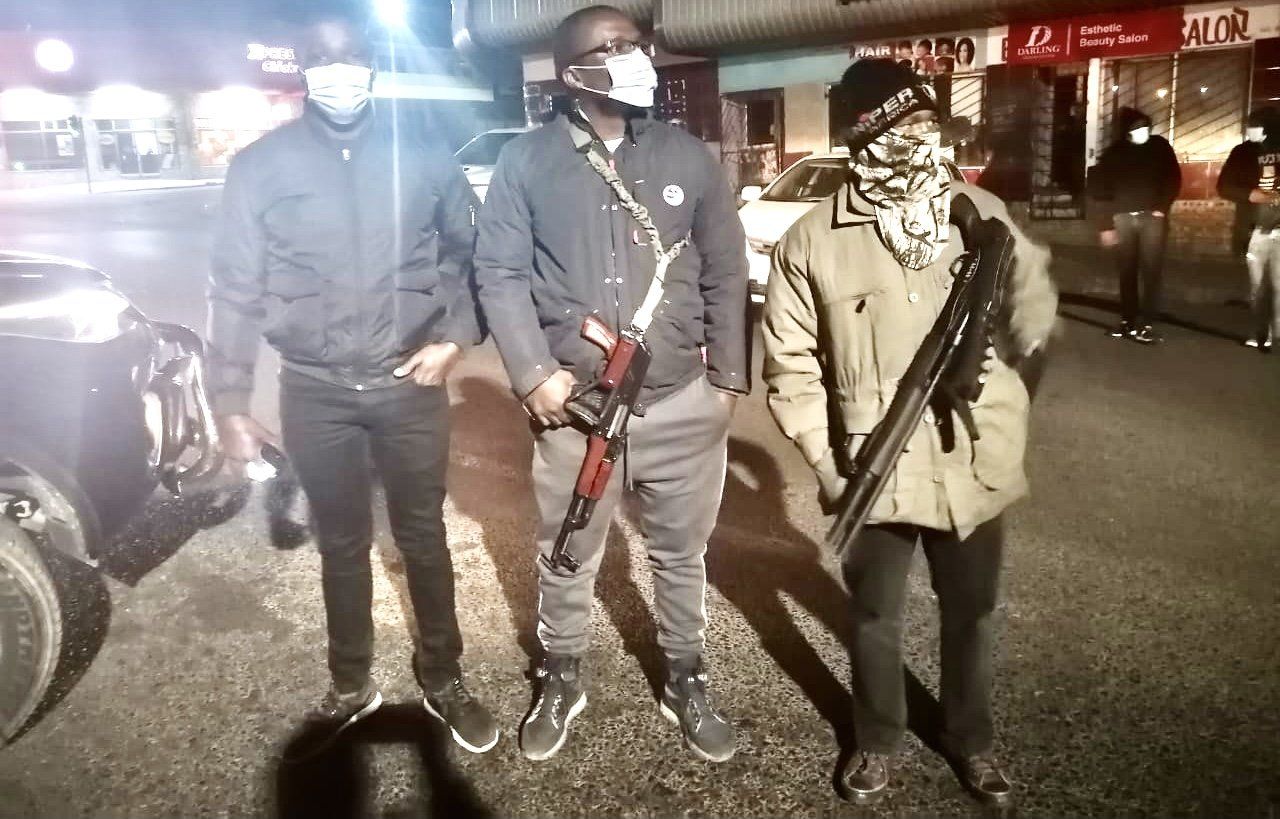Thames Valley PCC Elections
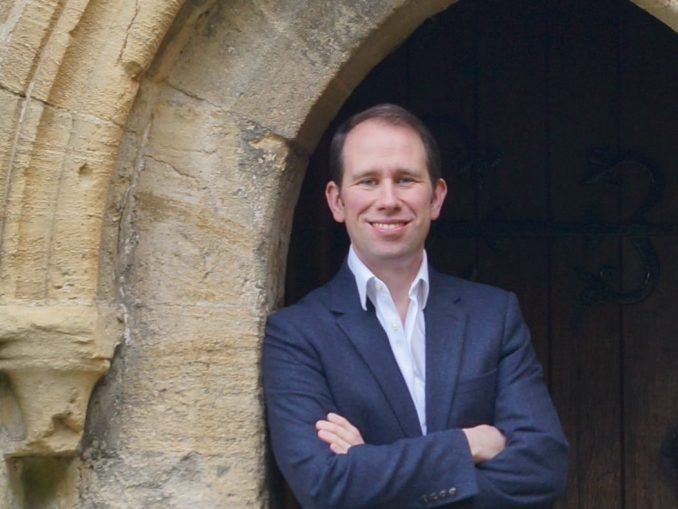
Matthew Barber, Conservative candidate and current deputy PCC, said his priority is to have strong local policing so that there is confidence in policing.
He said that Thames Valley police have a “pretty good track record” policing protests and that early engagement with the public made a big difference in relations between police and the public.
Cllr Barber said that it was clear that the Met officer lied and attempted to cover up his part in order to get through his application. He added, “I think it will be foolish to suggest that we can ever prevent anybody getting into the police force who is in some way unsavoury”. However, there are robust measures in place to remove them once it is found out.
His biggest challenge would be rising crime as lockdown ends and the increased demand in calling the police for not what is not core police business.
The cuts have led to greater collaboration with other forces. He said, “I’m really keen to demonstrate confidence in the police – that people are getting their money’s worth”. However, with finance, the greatest challenge would be dealing with the funding formula which is incredibly “archaic and complex”.
Cllr Laetisia Carter, Labour and Cooperative candidate has worked in Thames Valley in roles for the police, the Local Criminal Justice Board and the NHS in mental health.
Her priority is violence against women and her greatest challenge is to restore confidence in the police. She said, “I see how damaging ten years of Conservative government has been.”
With regard to the loss of public confidence, she said that she would take preventative measures; support victims, and deal robustly with misogyny, sexual offences and violence against women and girls.
Cllr Carter said that cuts led to an “underfunded and under resourced police force” and that the funding formula for Thames Valley is not working as it needs to reflect the size and complexity of the area.
Cllr John Howson, Liberal Democrat candidate and a former senior magistrate and teacher trainer, said his top priority would be to ensure that police are there to serve and protect so there is “a police service not a police force”.
In engendering public trust in operations like policing vigils, the idea of providing a police service should be at the forefront. He said a more diverse workforce should be recruited and that a disproportionate number of African and Caribbean people are subject to stop and search.
In answer to the appointment of a neo-Nazi at the Met, he said, “If I’m elected, I would be asking the chief constable to go through the recruitment process for staff to make sure they are rigorous in unacceptable bias. It is unacceptable to have a process that allows neo-Nazis to be recruited into the police service”.
Taxpayers have had to bear most of the costs when it came to cuts. Council tax precepts have gone up by about 20% in the last 10 years because of central government funding cuts.
Cllr Howson said his biggest challenge would be building trust, which is very low with certain groups. The “savage cuts to the ministry of justice means…that justice delayed is justice denied”.
Alan Robinson, an Independent candidate, is a former policeman who served Thames Valley for over 25 years. His top priority is to raise the morale of officers. He said that it is “debilitating” for officers to be reduced to having policies imposed on them with ‘meaningless targets”.
With regard to loss of confidence in the police, Cllr Robinson said that the answer is to have the “Bobby back on the beat”; community engagement and less “political interference”.
His biggest challenge would be managing the budget. The cuts have taken a toll on police and it has become difficult to recruit officers because morale is low.
He added that if he is elected he would not be subject to “puppet masters and hierarchy which leads to management rather the leadership”.
He would bring back common sense policing which serves as a reassuring presence to the public.
